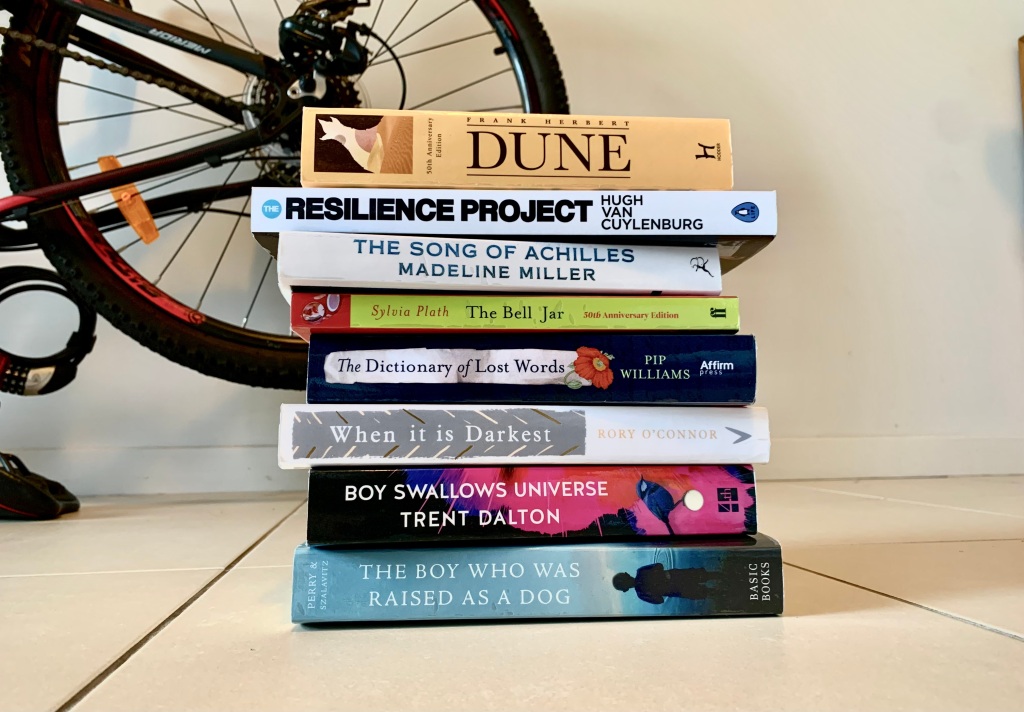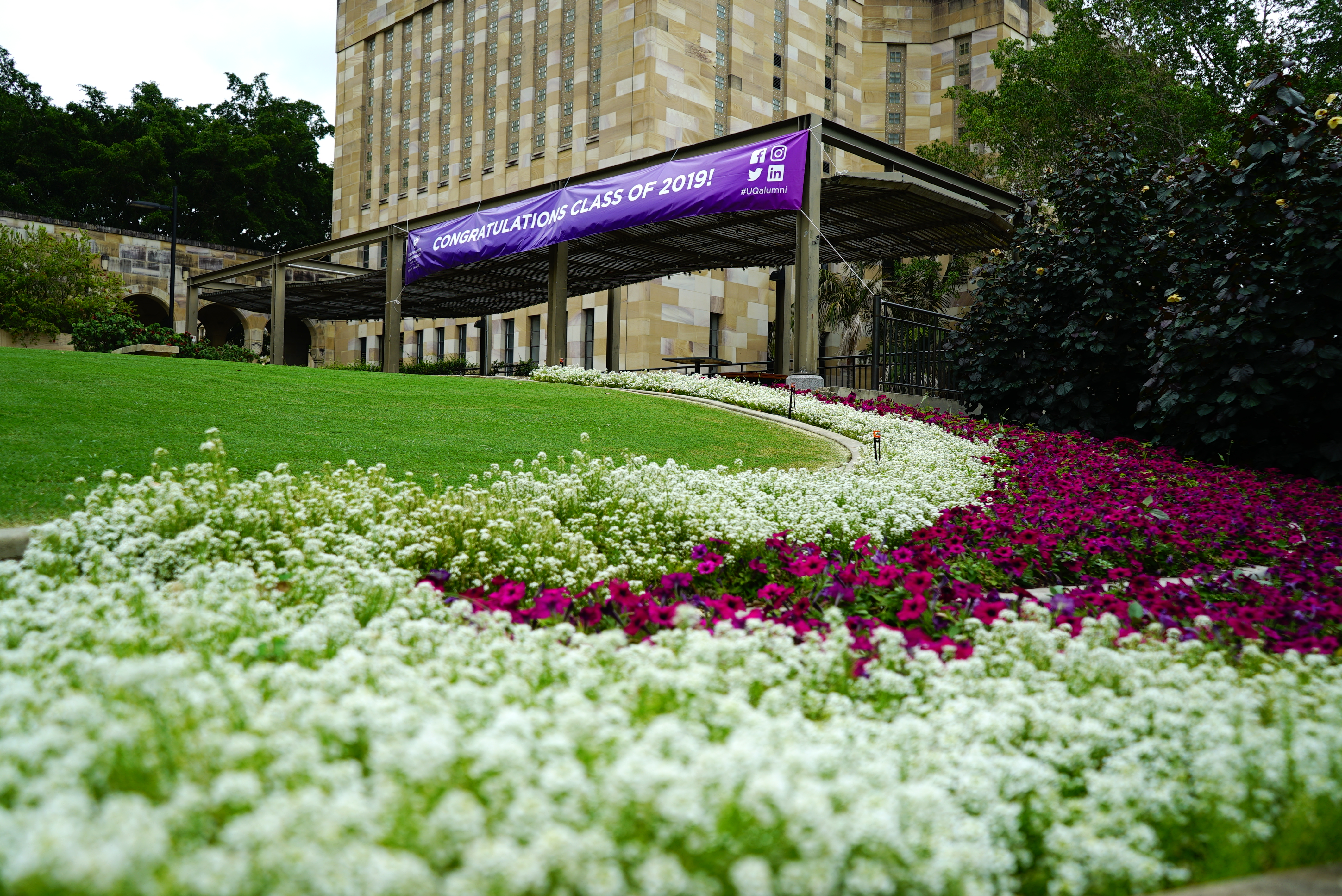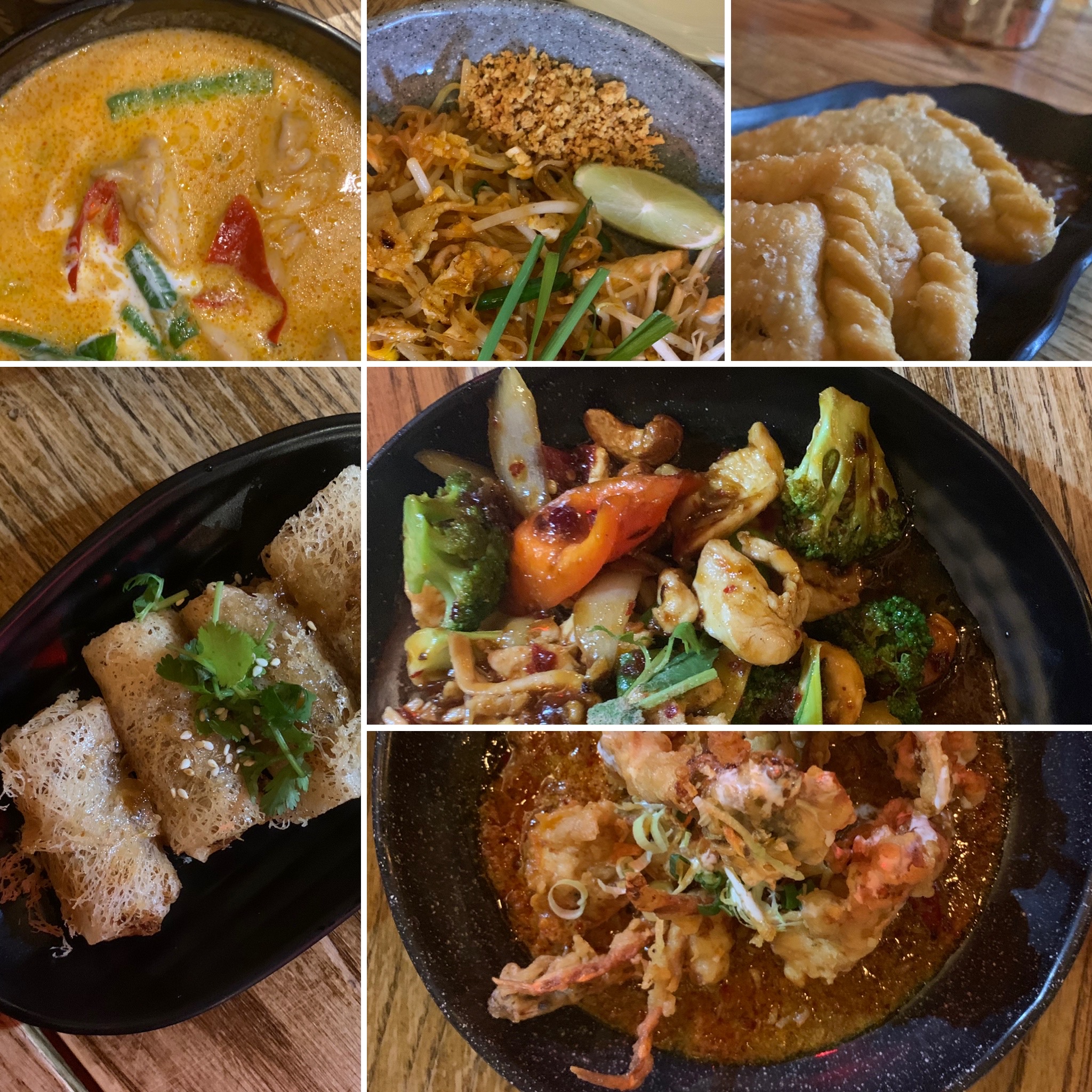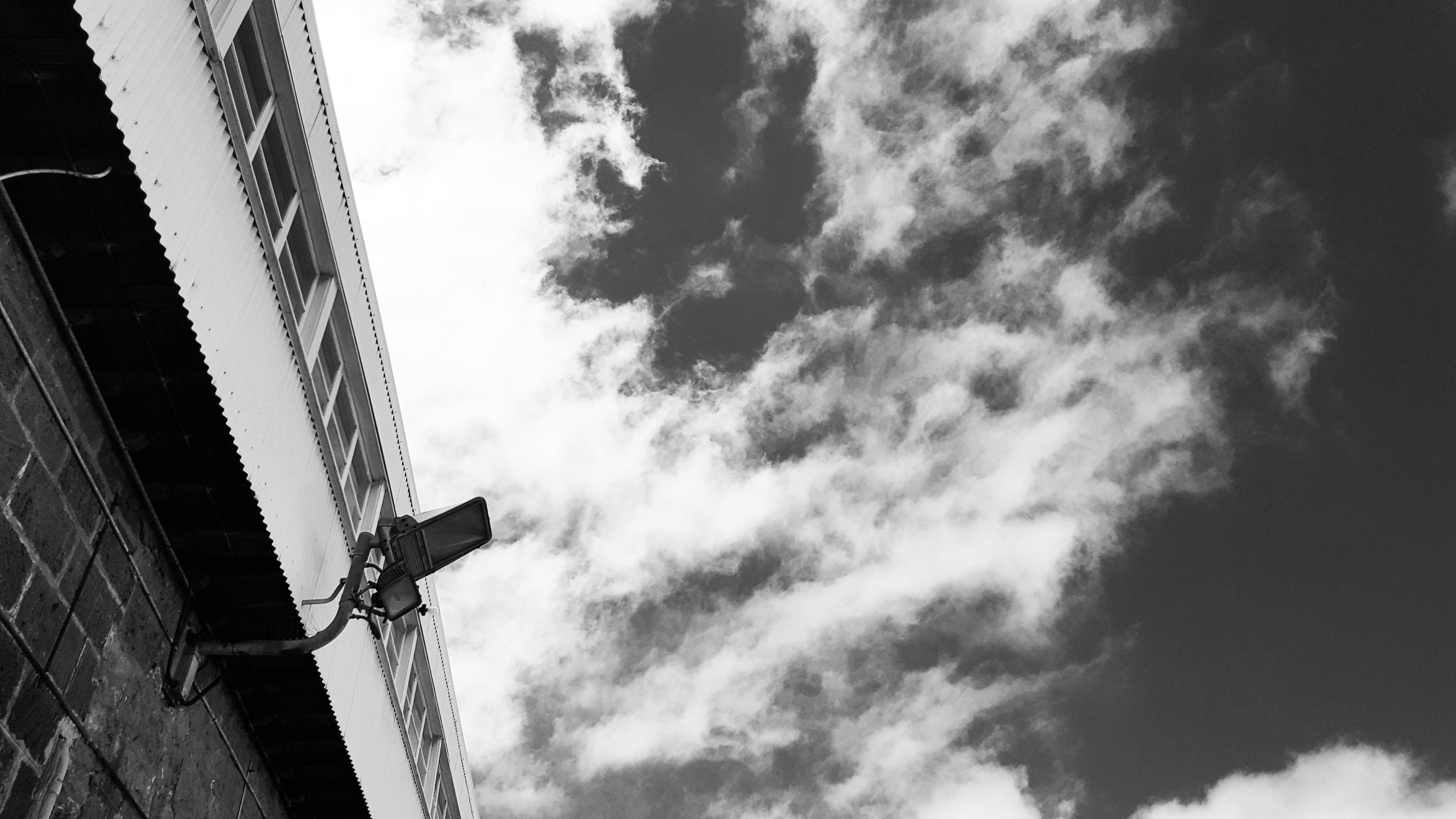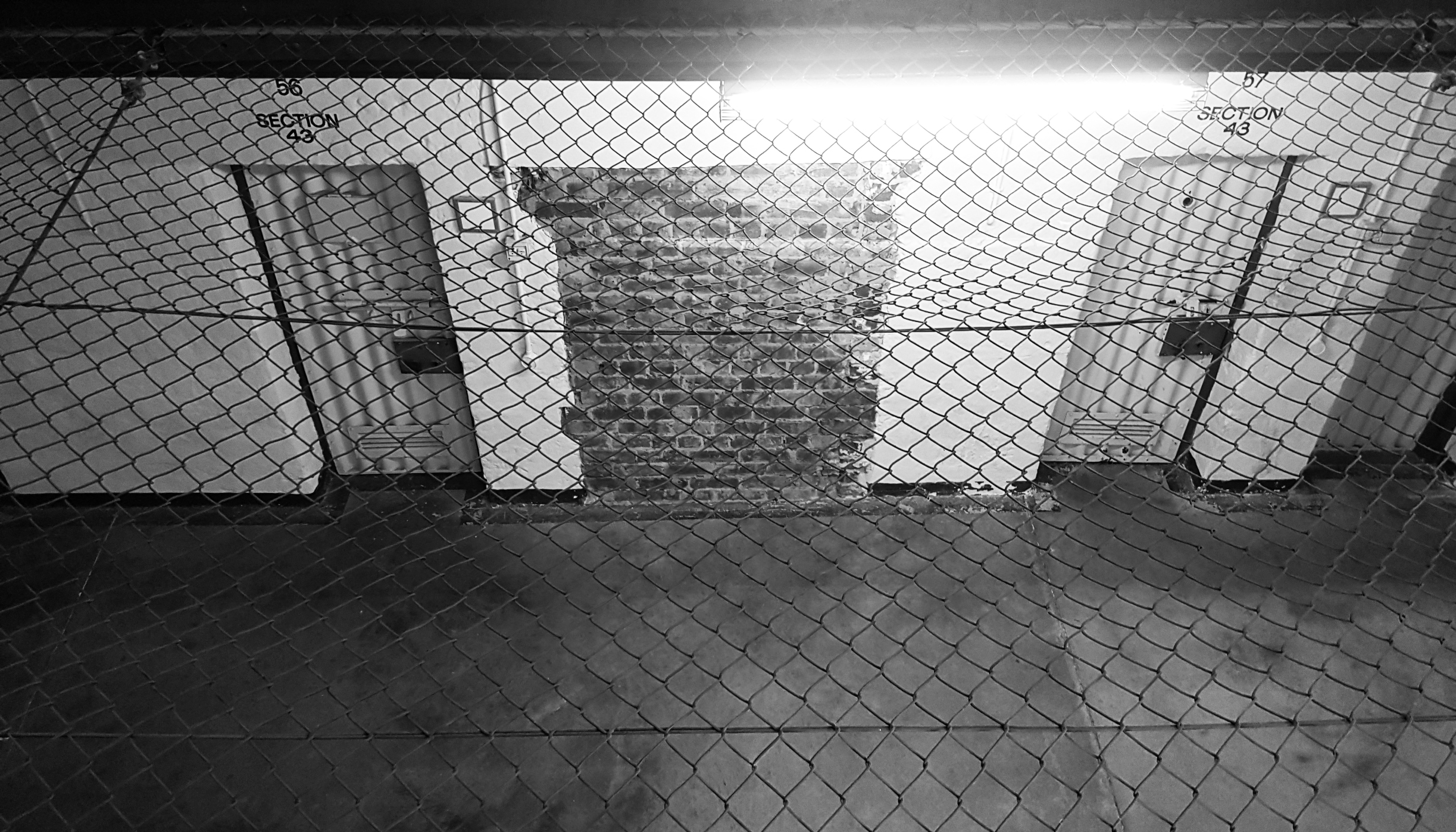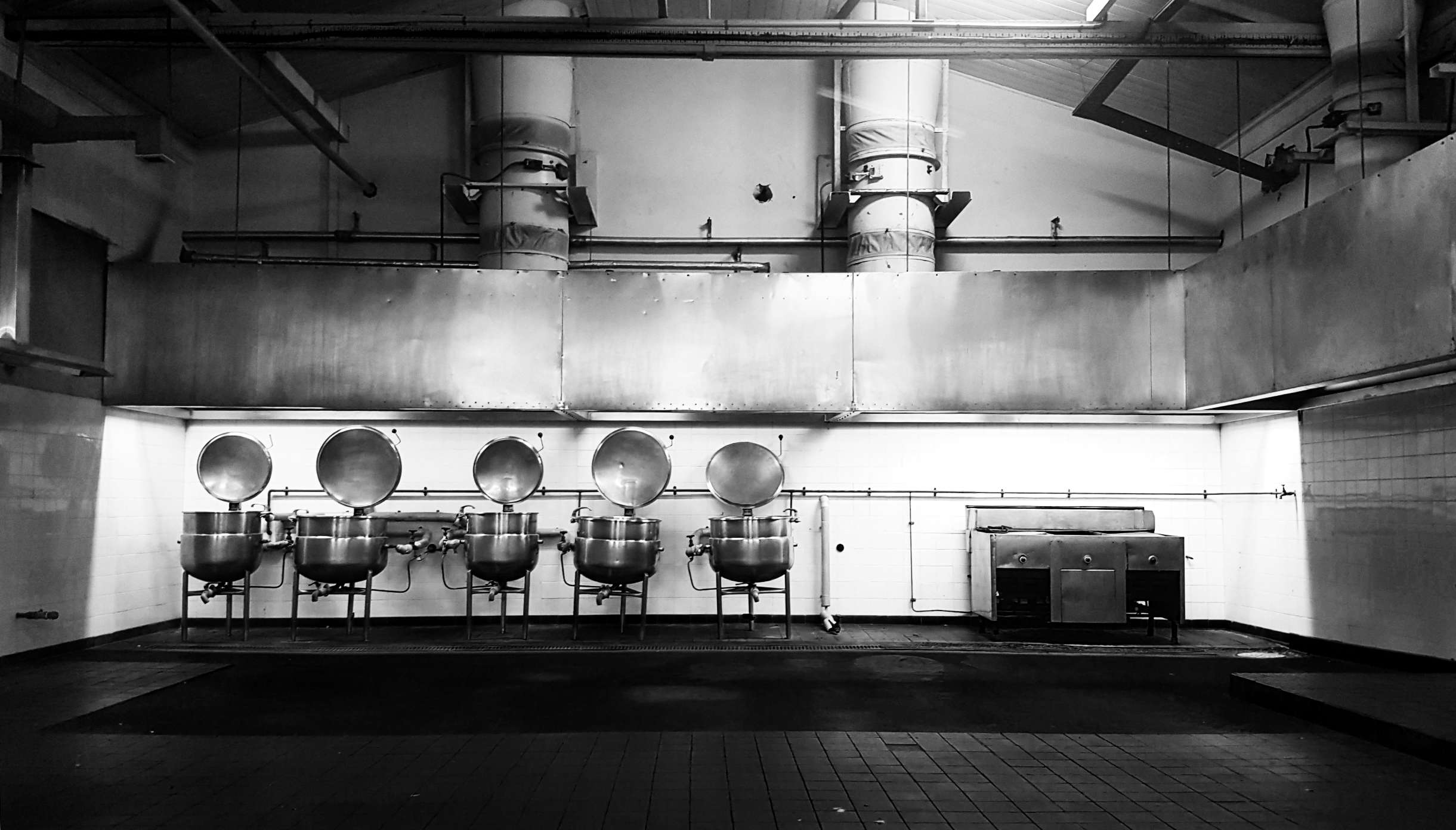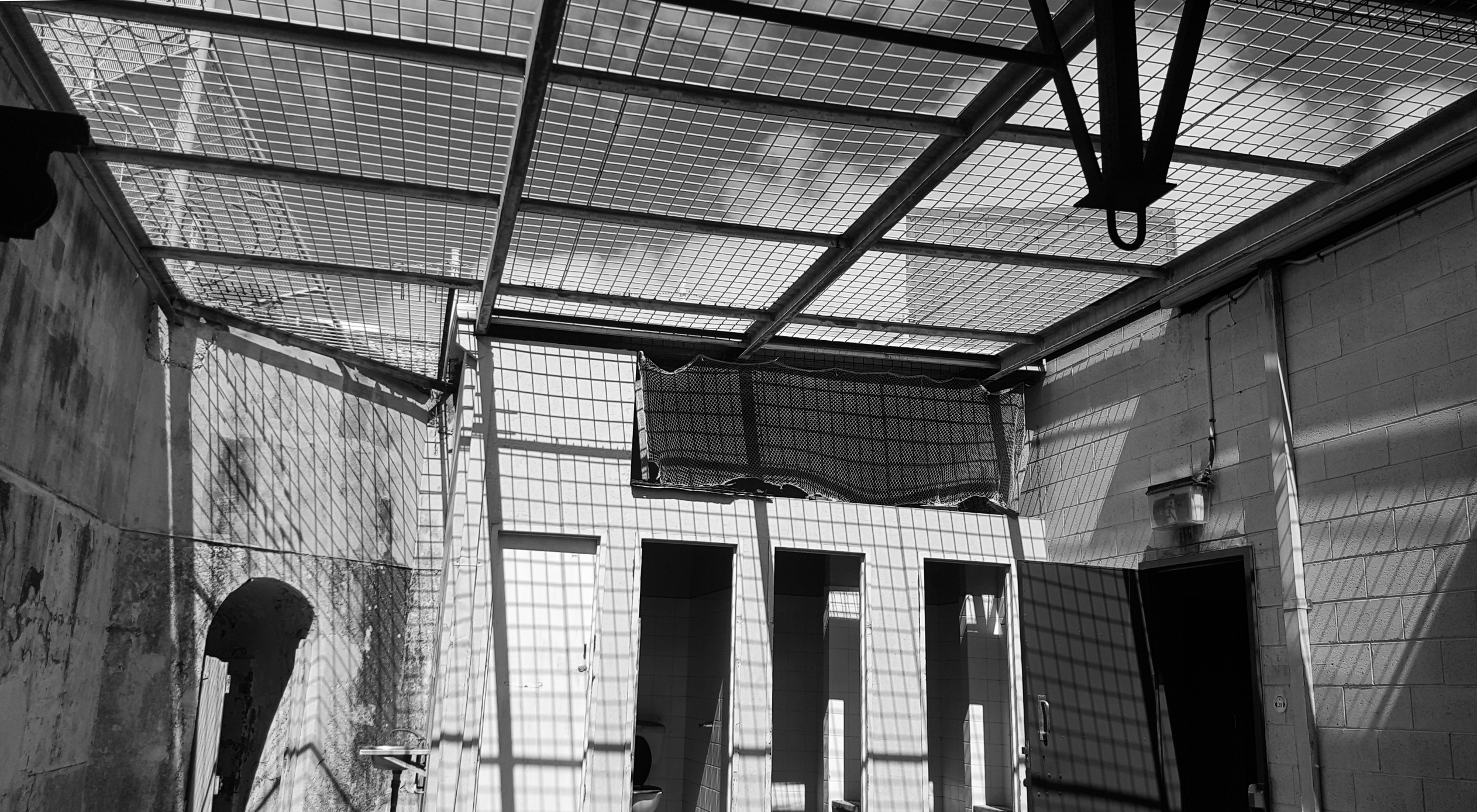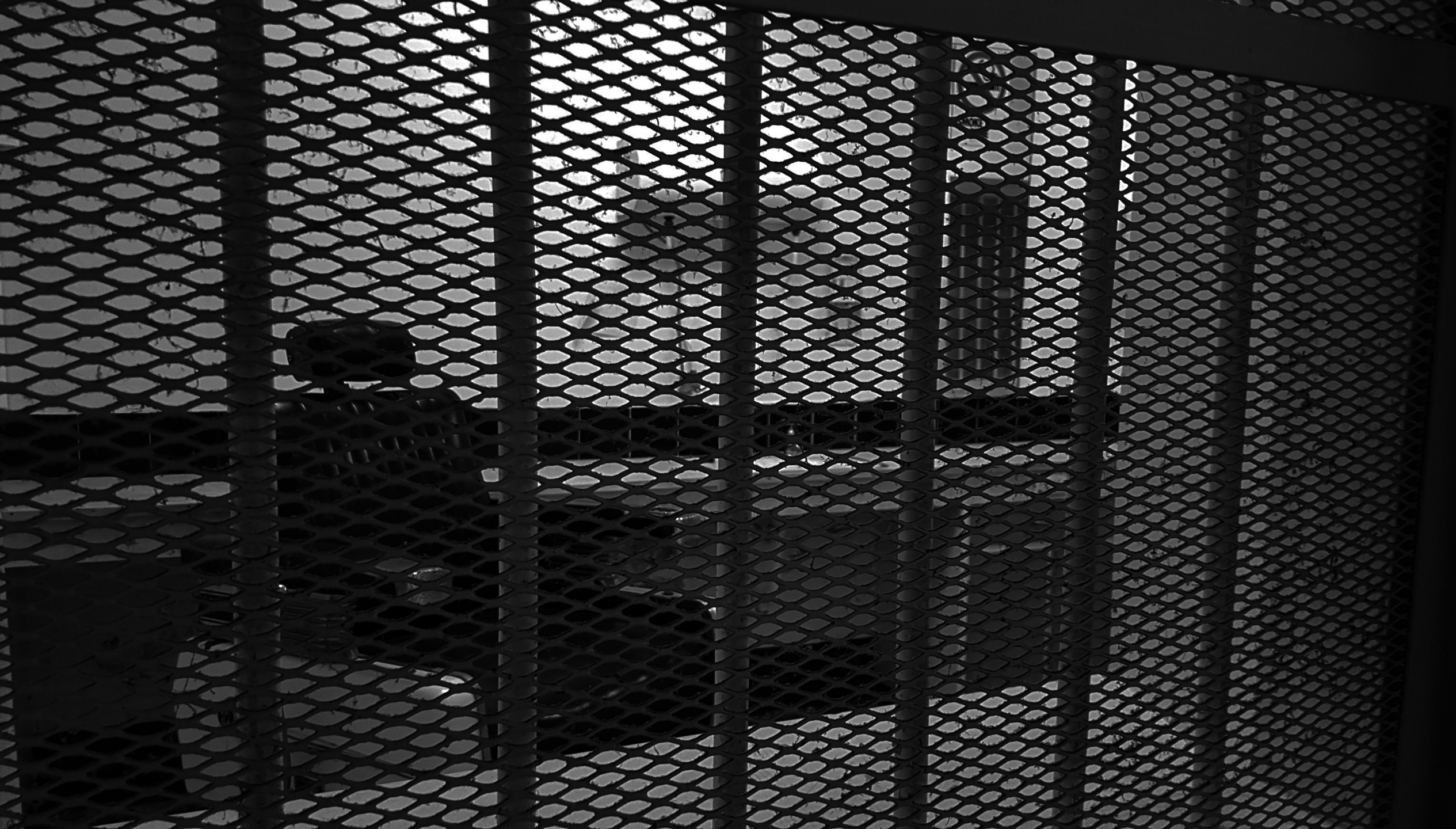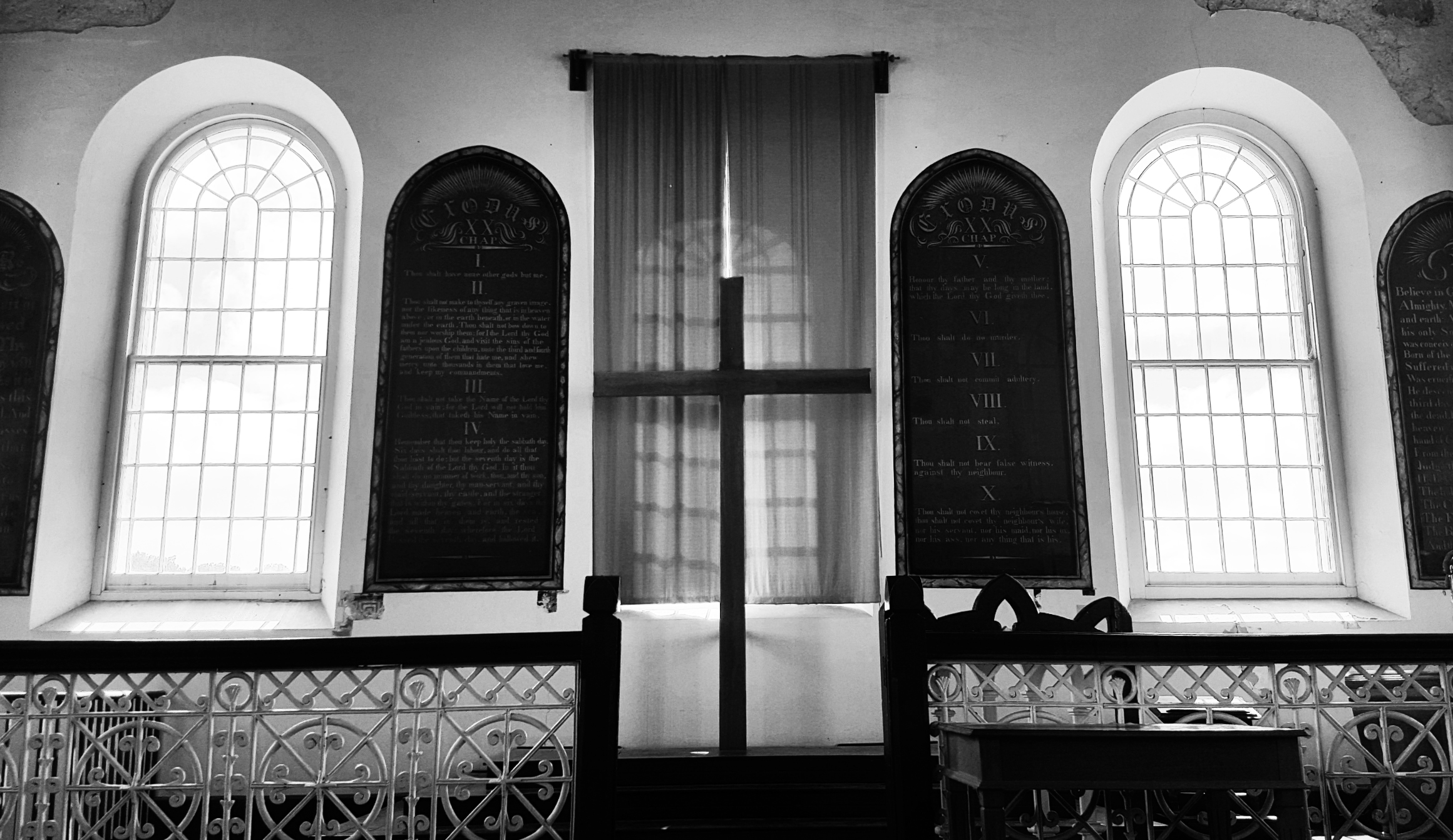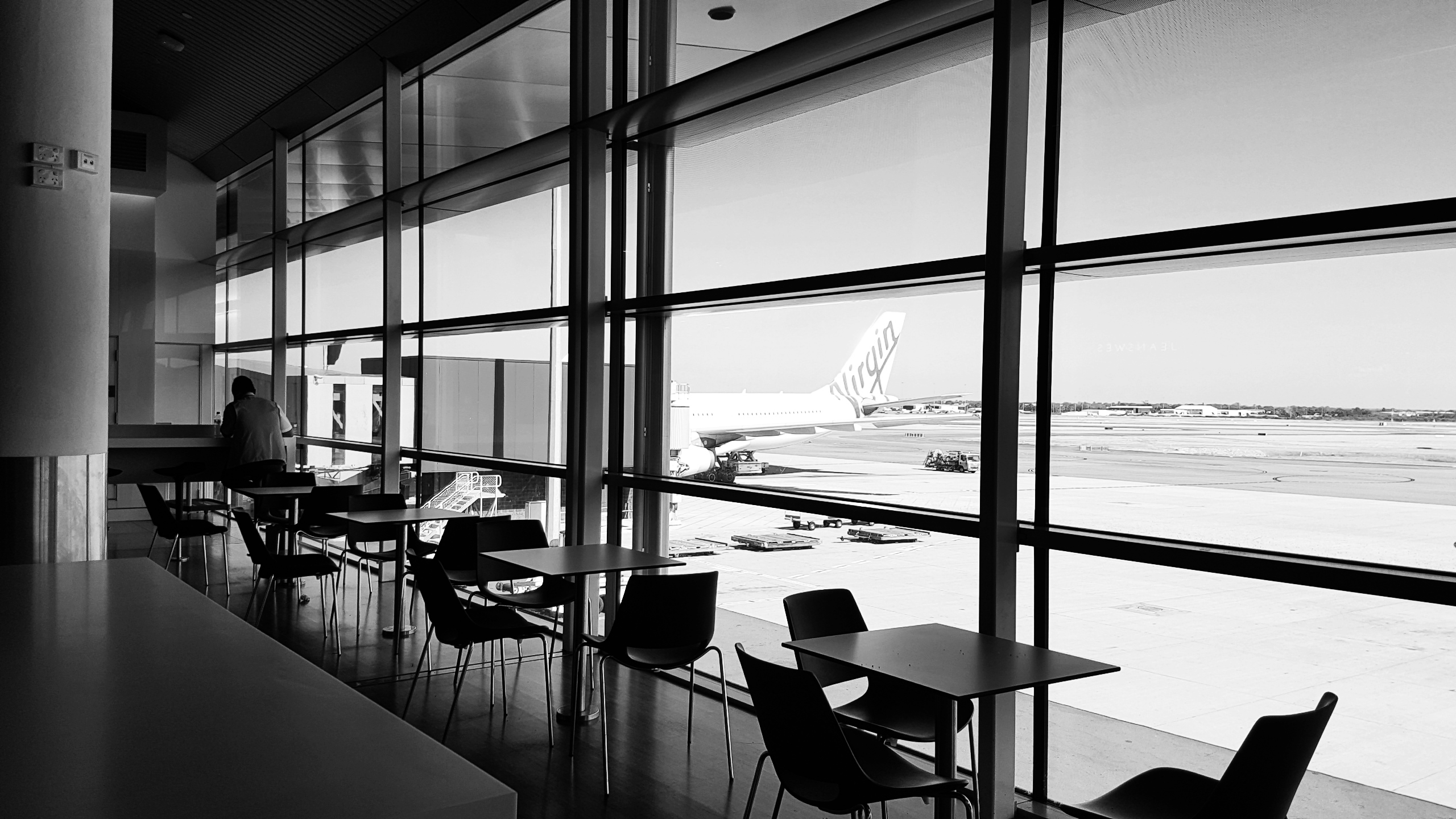I am writing this as soon as I’ve received confirmation that I no longer have to take the witness stand today and that my beautiful 8 kids are no longer going back to their mother.
I worked in child protection for a short period of 8.5 months. This case was one of the first cases I’ve handled. It was a case I held dearly and spent most of my thinking time for because I just can’t seem to take this family out of my head.
This case had all kinds of abuse – physical, emotional, psychological, sexual, and neglect – and it opened my mind to what neglect and problematic parental mental health could do to otherwise beautiful young children.
The children’s mother has multiple mental health diagnosis, one of which is Borderline Personality Disorder. If there is anything experience in this role taught me, it was that this disorder is one nasty beast. A lot of the parents who have this along with other mental health issues (especially Bipolar Disorder) usually do not get their children back, so I was told.
Living with a parent who suffers from this mental health disorder may mean chronic exposure to unpredictable and extreme anger, neglect, lack of affection, lack of appropriate parent-child bond, inappropriate blaming and suspicion, and many other awful things. The children live with their guards up every single minute of their lives because their parent is so volatile, they just don’t know which side of their mother they will have at any given time. The mother can swing from angry to withdrawn and then to emotional in a span of an hour. For young children, this means they may grow up with their guards up – constantly. Their brains are always firing up stress signals, making their brains develop abnormally, moulded from insecurity, fear, longing for love and attachment, and the need and instinct to survive. This abnormality translates to inability to control their emotions and anger, low self-esteem, experiences of anxiety, depression, and dissociation, further diagnosis of Attention Deficit Disorder which if untreated in childhood will eventually become all sorts of mental health disorder diagnosable in adults.
In my time managing this case, I’ve learned about children whose only response to stressors would be to scream and cry the entire day. Their cries and screams are different, as if to come from deep down the bottom of their bereft emotional well. They are almost always described by their foster carers as whaling. When experiencing anger, they growl, unable to manage it as no one has ever made them feel that it is possible to control anger.
The children from this family do not cope with stressors or too many stimulants on the background. There are kids who would hide under the desk while in class because that’s their only way to lessen the stimulants around them. Interestingly, this way of hiding from stimulants and threats made this their natural reaction to stress. They also hide under a desk when they feel too emotional, as if the desk would cover them from any emotionally painful events.
With this case I’ve learned about kids whose tired and scared brain would suddenly fire up with unknown triggers and would make them curl up like a ball and start saying “no no no” until their brains relax. While children may not necessarily remember abuse, associated smell, sound or taste can easily trigger emotions that they do not even understand.
The children in this family have a constant feeling that they “will not survive.” Children who grew up in loving households would most likely only fear about being punished and being hurt. But these children lived in survival mode their entire lives and have experienced extreme physical harm as punishments which us adults have never even experienced. They have had their faces smashed on furniture and walls. They have been thrown to their rooms and locked up when all they needed was a parent who would hold them and make them feel that things will be okay.
But this kind of trauma is complex because as children, we love our parents. These children’s mother was the only constant person in their lives. The only parenting they learned and accepted was the abusive and neglectful parenting of their mother. These young children love their mother, no matter what. I remember explaining this to one of my kinship carers who thought that just because the child loved her mother dearly, it meant that they have a safe and loving home. Unfortunately, we cannot measure a child’s safety by just looking at how much a child loves his parent.
Damage done to these children are difficult to repair. While the children may seem normal and happy from the outside, their abnormally developed brain would no longer change its shape. Our brains fully develop by the age of 4. Past this age, all we can do is rewire them – a challenge that most experts find very difficult.
The youngest child was 3 years old when I got the case. He does not fully understand schedules so there were no signs of distress prior to his time meeting his mother. But after every visit with his mother, he pees behind his bedroom door unwilling to step out of his bedroom and go to the toilet. He also wets the bed a couple of nights after seeing his mother or refuses to hop inside the car no matter the purpose. And like his older siblings, he screams so loud when he is angry, and whales and whales without an end when he is upset.
The book The Boy Who Was Raised As A Dog gave a really powerful potential solution to minimise impact of childhood trauma to children – LOVE. Only children who were afterwards given to morally upright and loving foster carers are the ones who have a chance of having some parts of their brains rewired. Unfortunately, even love cannot fix everything. Some children are too damaged to be helped.
Of all the children I’ve had, these were the children I firmly believe should stay away from their mother. And as much as I know it would hurt the mother to finally give up her children’s guardianship to the State, I also know that it would be best for all 8 children to be away from her. They can continue building relationships with their foster carers, teachers and friends, and one day heal from their experiences of abuse.
When I left child protection, I left with guilt due to having to leave the children who have very limited social networks. I felt bad for I knew that some of them living in residential homes with only support workers (care givers) have always looked forward to my visits with them. In some small yet significant ways, I have become a huge part of their lives. I left wishing to at least see this case through. And today, I learned that we won the case to put the children in foster care until they are 18 years of age. If it is true that love can heal some of their wounds, then I will sleep soundly at night knowing that at least some of them will perhaps have a bright future ahead of them.
Today is a good day, and I know the Universe is celebrating.
Written 07 April 2021
